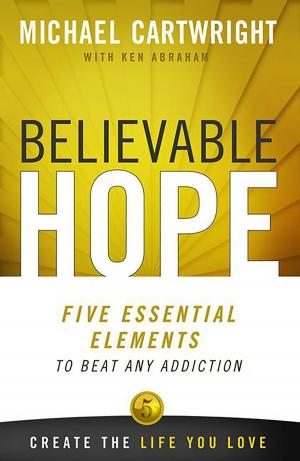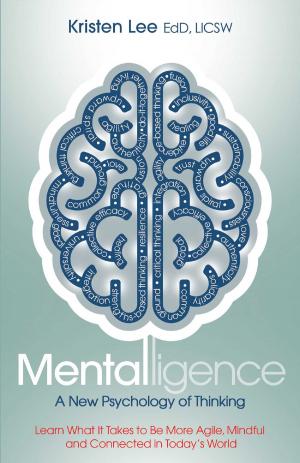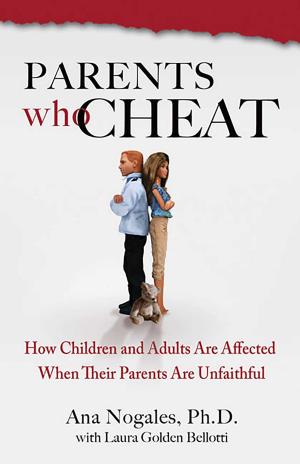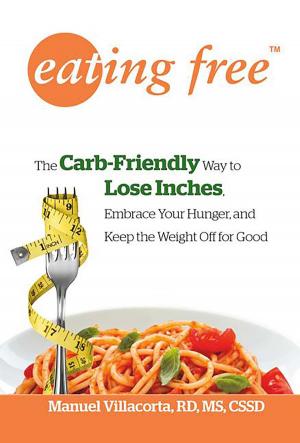| Author: | Dr. Susan Newman, PhD | ISBN: | 9780757391897 |
| Publisher: | Health Communications Inc | Publication: | May 9, 2011 |
| Imprint: | Health Communications Inc EB | Language: | English |
| Author: | Dr. Susan Newman, PhD |
| ISBN: | 9780757391897 |
| Publisher: | Health Communications Inc |
| Publication: | May 9, 2011 |
| Imprint: | Health Communications Inc EB |
| Language: | English |
What's really wrong with having one child? Is one enough for you? For your partner? What constitutes a complete, happy family? Will your only child be lonely, spoiled, bossy, selfish? Read this book and find out.
Despite the personal distress and pressure to have a second baby, the number of women having an only child has more than doubled in the last two decades. What most people don't realize is that one-child families outnumber families with two children and have for more than two decades. In major metropolitan areas like New York, 30 percent of families have a singleton. Throughout the country people are following suit. And it's no wonder why:
- The worrisome biological clock (secondary infertility; older mothers)
- Downtrodden job markets
- How mothers working affects everyone in the family
- Finances and housing and costs of education
These are only the few things that parents today (and parents to be) contend with when deciding to start a family and determining whether or not to stop after one. The time is right for a book that addresses the emerging type of nuclear family, one that consists of a solo child.
Popular Psychology Today blogger and parenting author of fifteen books, including the groundbreaking Parenting the Only Child, Susan Newman, Ph.D., grew impatient with the pervasiveness of only-child folklore masquerading as fact and offers the latest findings about the long-term effects of being raised as a singleton.
In The Case for the Only Child, Newman walks parents (and future parents) through the long list of factors working for and against them as well as highlights the many positive aspects of raising and being a singleton. The aim of this book is to ease and guide parents through the process of determining what they want. Although each situation is unique, the profound confusion surrounding having a second child is similar. It is one of the most difficult and life-altering choices parents face. Adding to one's family dramatically changes one's life and the life of one's firstborn forever. What will a person give up in time, money, freedom, intimacy, and job advancement with another child in the household? What will they gain? The Case for the Only Child helps explore and resolve these perplexing questions.
What's really wrong with having one child? Is one enough for you? For your partner? What constitutes a complete, happy family? Will your only child be lonely, spoiled, bossy, selfish? Read this book and find out.
Despite the personal distress and pressure to have a second baby, the number of women having an only child has more than doubled in the last two decades. What most people don't realize is that one-child families outnumber families with two children and have for more than two decades. In major metropolitan areas like New York, 30 percent of families have a singleton. Throughout the country people are following suit. And it's no wonder why:
- The worrisome biological clock (secondary infertility; older mothers)
- Downtrodden job markets
- How mothers working affects everyone in the family
- Finances and housing and costs of education
These are only the few things that parents today (and parents to be) contend with when deciding to start a family and determining whether or not to stop after one. The time is right for a book that addresses the emerging type of nuclear family, one that consists of a solo child.
Popular Psychology Today blogger and parenting author of fifteen books, including the groundbreaking Parenting the Only Child, Susan Newman, Ph.D., grew impatient with the pervasiveness of only-child folklore masquerading as fact and offers the latest findings about the long-term effects of being raised as a singleton.
In The Case for the Only Child, Newman walks parents (and future parents) through the long list of factors working for and against them as well as highlights the many positive aspects of raising and being a singleton. The aim of this book is to ease and guide parents through the process of determining what they want. Although each situation is unique, the profound confusion surrounding having a second child is similar. It is one of the most difficult and life-altering choices parents face. Adding to one's family dramatically changes one's life and the life of one's firstborn forever. What will a person give up in time, money, freedom, intimacy, and job advancement with another child in the household? What will they gain? The Case for the Only Child helps explore and resolve these perplexing questions.















